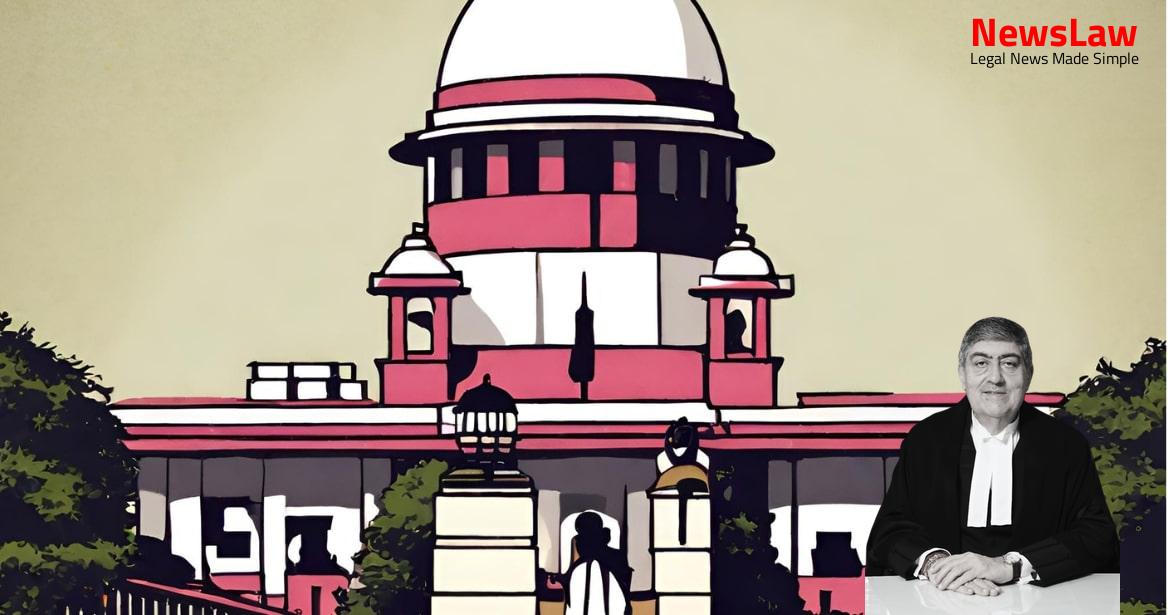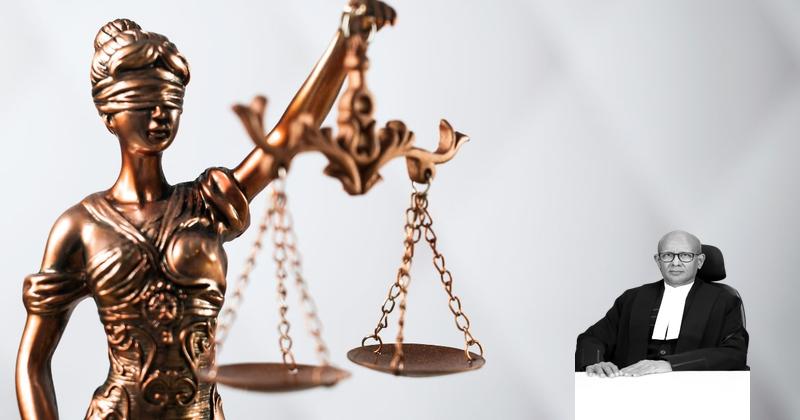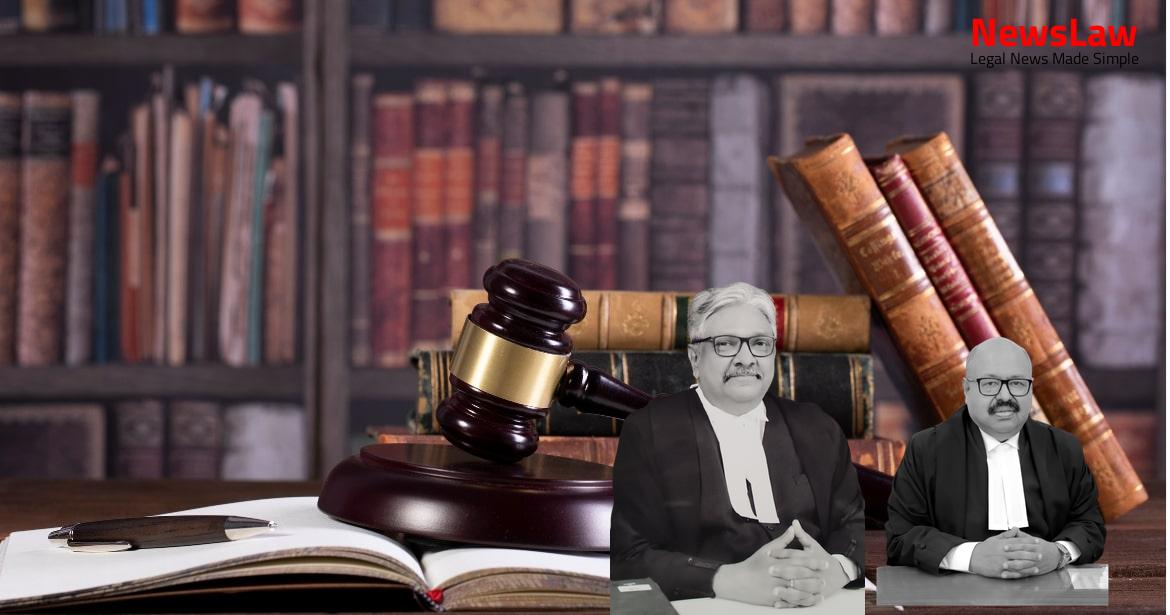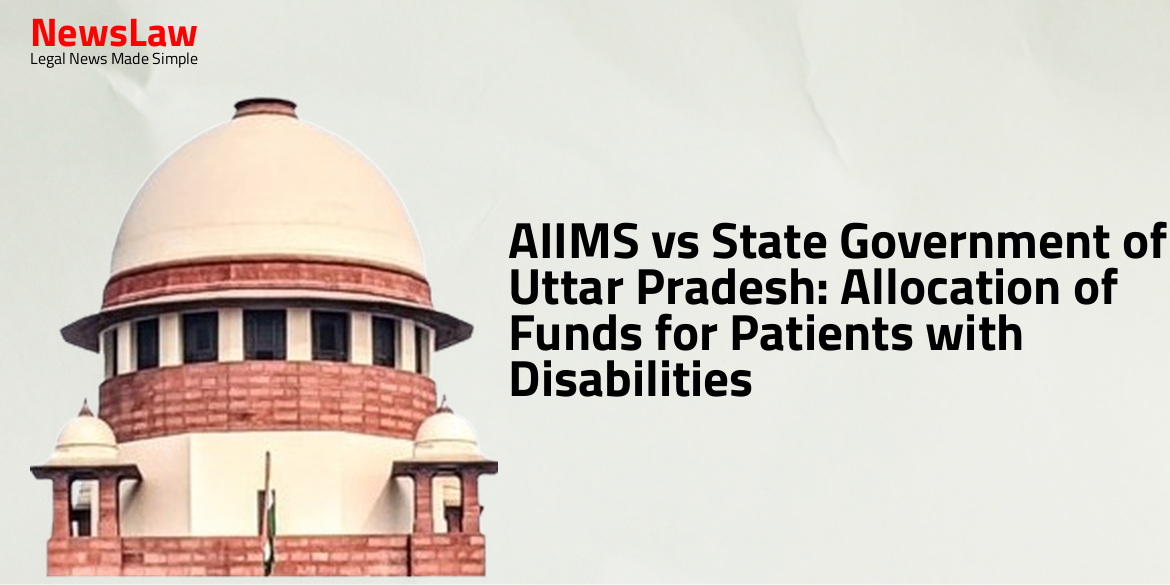The High Court recently conducted a legal analysis regarding the withdrawal of a Senior Advocate designation, emphasizing the importance of maintaining high standards of behavior expected from conferred privileges. The court’s decision was based on principles of proportionality and the objective of upholding the integrity of the legal profession. Discover more about the intricate legal considerations in this notable case.
Facts
- Each Full Court member viewed the apology as insincere
- Despite individual opinions, the Full Court unanimously agreed the apology was not genuine
- As a result, the privilege of the gown was withdrawn
Also Read: Supreme Court Judgment on Single Till Mechanism for HRAB Calculation: A Comprehensive Analysis
Arguments
- The petitioner, Mr. Yatin Narendra Oza, a senior advocate and President of the Bar Association of the High Court of Gujarat, had his Senior’s gown privilege unanimously withdrawn by a Full Bench of the Gujarat High Court.
- Petitioner’s apology was accepted with an undertaking, as reported in the case of Yatin Narendra Oza v. Khemchand Rajaram Koshti and Ors.
- The petitioner’s repeated transgressions and confrontations with the High Court and Supreme Court have led to dual proceedings against him – one for contempt and the other for withdrawal of the privilege of the gown.
- It is argued that the conferment of the Senior Counsel designation is a privilege and not a right, therefore not justiciable for a writ of mandamus.
- The petitioner’s failure to maintain a balance between his roles as a senior counsel and President of the Bar Association has led to continuous crossing of boundaries.
- The withdrawal of the privilege is stated to be a consequence of the petitioner’s behavior not meeting the required high standard expected with the conferment.
- Despite resigning as the President of the Bar, the petitioner’s resignation was withdrawn due to unanimous opinion of the Bar.
- Dr. Singhvi emphasized that the petitioner raised issues within the institution regarding non-circulation of matters, based on complaints from members of the Bar.
- An argument for compassion and an opportunity for redemption is made, highlighting the disproportionately harsh and indefinite nature of the withdrawal of the designation.
- The emotional utterances made by the petitioner during the Press Conference were not pre-planned.
- The petitioner has been apologetic for the utterances from the beginning.
- The petitioner’s emotional outburst does not indicate allegations against the Bench as a whole.
Analysis
- The petitioner’s apology was not accepted by the Full Court due to the significant damage caused to the Court by his statements.
- Even if the apology had been submitted earlier, it would not have been accepted as it was not done at the threshold.
- The petitioner and his counsel expressed that he has learned from the incident and should be given a chance for redemption.
- The High Court raised objections to the petitioner’s petition under Article 32 of the Constitution of India.
- The first apology was made after 41 days, as a last resort after attempting to justify the conduct on merits.
- Dr. Singhvi and the petitioner argued on the proportionality of the Full Court’s decision, with the petitioner offering not to contest elections to the Bar Association as an undertaking.
- The withdrawal of designation was considered the most severe punishment for a Senior Advocate.
- Quoting Chief Justice Dickson of the Canadian Supreme Court in the case of ‘R. v. Oakes’ emphasizing on the importance of the objective in justifying severe measures in a free and democratic society.
- The severity of the measure must be justified by the importance of the objective in a free and democratic society.
- There is little justification to interfere with the impugned order based on the observations and principles outlined.
- The impugned order appears to be reasonable and demonstrably justified within a free and democratic society.
- The High Court has the right to withdraw any indulgence if the petitioner commits any infraction within the two-year period.
- The petitioner must assure immaculate behavior to avoid fault with his conduct.
- Article 142 of the Constitution of India can be used to withdraw indulgence if needed.
- The restoration of the petitioner’s designation is temporary for two years from 1.1.2022.
- The High Court will monitor the petitioner’s behavior as a senior counsel during this period.
- This is the petitioner’s final opportunity to demonstrate proper conduct.
Also Read: Selection and Appointment of Judicial Officers in Himachal Pradesh
Decision
- The High Court will have the final say on whether the petitioner’s behaviour is acceptable
- A window of two years is being provided for the petitioner to demonstrate his sincerity and good conduct
- The fate of the petitioner’s designation as a senior counsel depends on his appropriate conduct before the High Court
- The petitioner’s behaviour will determine whether his designation is continued temporarily or restored permanently
- Hopes are that the petitioner will abide by his assurances and not give any reason for the court to think otherwise
Case Title: YATIN NARENDRA OZA Vs. HIGH COURT OF GUJARAT (2021 INSC 690)
Case Number: W.P.(C) No.-000734 / 2020



